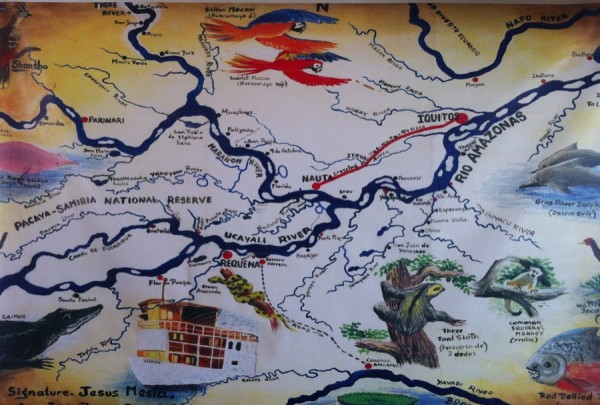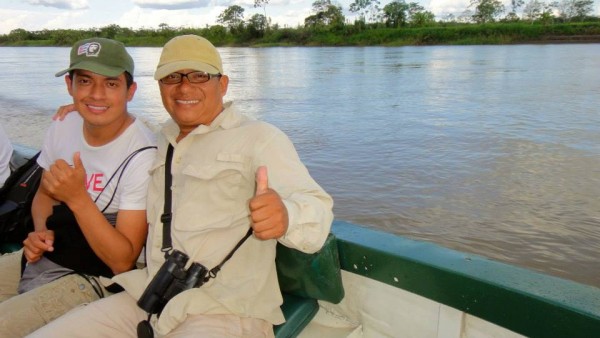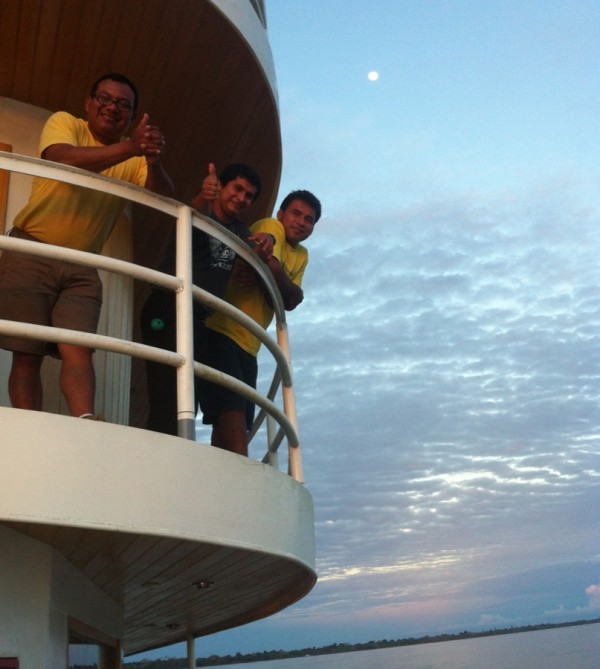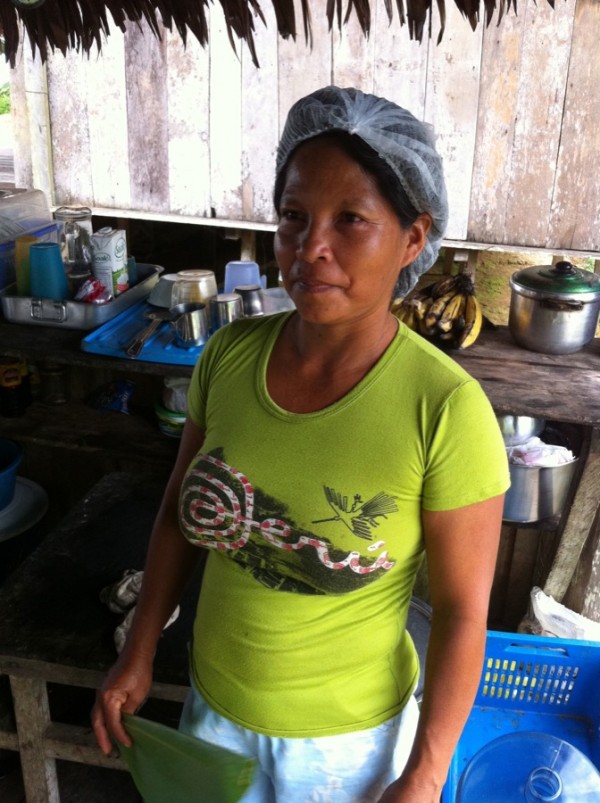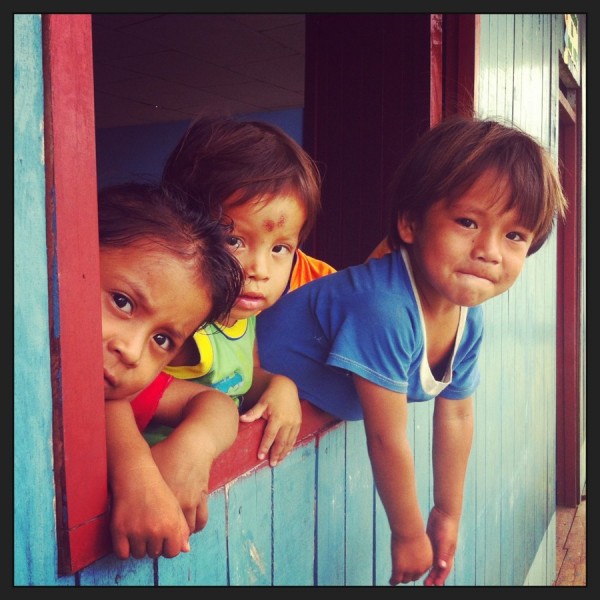As an ethnographer conducting anthropological research in Southeast Asia, I became very familiar with the term ‘responsible tourism.’ After years of witnessing failed volunteer projects and misguided advertising, listening to “we just need to make a difference” tourist expectations, and seeing the potential damage this booming fashion had on host communities, I was left jaded and highly skeptical that this relatively new form of travel could actually benefit local people.
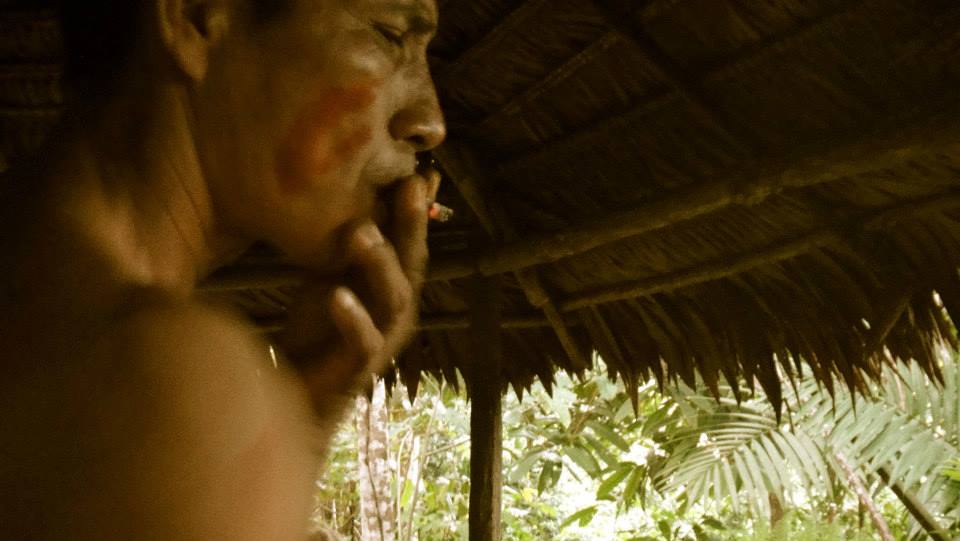

5 Lessons in Responsible Tourism I Learnt in the Peruvian Amazon
Then, on a recent press trip to the Amazon with group tour operator G Adventures, I was delighted to see a company doing more than paying lip service to the concept of responsible tourism. The experience shook me from my negative delirium and opened a door to a morally grounded, locally beneficial form of travel.
Over the space of 10 days in Peru, our group lived aboard the 32-passenger vessel Queen Violeta and traveled from the small trading city of Iquitos into the main body of the Amazon River. I was fortunate enough to not only join the group for activities such as fishing for piranhas, swimming in the river, spotting pink dolphins, and meeting one very agitated anaconda, but the journey also obliged my desire to witness and learn about the daily happening of life in the jungle. The tour guides and crew were extremely helpful, treating us to localized knowledge of the wildlife, history of the region, local customs and rituals…not to mention nightly entertainment from the staff band!
The images and stories in this piece are my attempt to share the lessons learnt about being a responsible tourist, along with a peek into the vibrant life of those who live in the Peruvian Amazon.
1. Responsible tourism can be a blessing.
“I will not tell you a story of Peru that is coated in sugar. What I am about to tell you about my country is the truth in the way I see it.” – Rudy Robles
Rudy is a CEO for G Adventures and proudly upholds their core values as he works toward what he sees as the only path for the future development of the Peruvian tourism industry. Terrorism and social unrest in the 1980s hugely affected tourism in Peru. As a result, it is a relatively recent ‘hot spot’ for tour operators, and companies such as G Adventures are paving the way for forward-thinking, ethically grounded tourist infrastructure.
Refraining from promoting Peru as a pre-packaged commodity to fit any particular tour group, Rudy told us his truth, the reality of the nation’s social welfare, politics, and economy as he saw them. I asked him what tourism means for Peru.
“The ’80s in Peru were very difficult — we became listed as a red country, in terms of tourism. It was very sad — minimum of two bombs per month. Now it is very controlled and Peru has become a much safer country. Tourism has played a vital part in making this country more secure and safe. At this moment, the government must see the benefit not only economically to our country, but also for education purposes and cultural exchange.”
2. Responsible tourism can expand your worldview.
Shaman Amazon Jungle by matadornetwork
The Amazon jungle is home to more plants, amphibians, reptiles, birds, and mammals than any other region in the world. The communities in the jungles of Peru have names in their languages for almost every species of plant and ascribe uses for around half of them. After four days of drifting down the river, scouring the banks for wildlife and venturing into the jungle, we had the utmost pleasure of meeting a Shaman by the name of Bernavay.
Bernavay is 39 years old and is a Bora Indian from the Napo River region. “He is one of a kind,” the translator proclaimed. “We don’t find people like him around every corner. He was born with a gift.” Bernavay not only possesses a direct link with the spirits of the rainforest, he claims an internal desire to heal, redirect harm, and help people.
Bernavay stood proud, bare chested and graceful, speaking about his gift, calling us all to develop a planetary and communal understanding and faith that the Earth has given us every medicine to cure our illnesses, and that nature must be approached in the right way. To become a powerful medicine man such as this, you have to train and listen to nature all your life. He began this journey at the age of 10, gaining knowledge from his grandparents.
“Plants are the windows to the forest,” he said. “This will allow you to see things and learn things.”
The connection between the vegetal and the human is where Shamans gain their knowledge about the cosmos, jungle, and the world we live in. This is their worldview, one that is fundamental to the stability of the group and their surroundings. The afternoon with Bernavay was like an antidote to the corruptions of modern day life, causing me to question the limits of my materialist, humanist Western worldview.
3. Responsible tourism can directly benefit local communities.
Fascinated to get a behind-the-scenes view of life as a crew member on an Amazon boat, I sat one afternoon in the dinning hall attempting to fold origami napkins with two of the crew, Michael and Milton. They were surprised to learn that I too had worked on boats — probably because I was failing miserably at fabricating a lily from the cloth square in front of me.
I asked the boys, “Do you enjoy working in the tourism industry?”
This question sparked an intrepid conversation concerning the economical and social benefits tourism can bring to Peru.
“This is a good industry. We can provide for our parents and our own family,” Michael replied.
It’s clear that tourism is hugely beneficial to this remote area of the world in terms of economic development and stability. I asked the crew, what happens in the down season? They said it can be hard, but with companies like G Adventures supplying the region with an increasing flow of group adventure tours, the financial injection of the tourism industry is becoming more stabilized year round.
Milton’s skills are broad — not only does he work around the clock on the Queen Violeta, he has a small eco-friendly farm in his home in Santa Clara (14km from Iquitos) and is a very talented musician.
We were entertained nightly by the crew band, the Chunky Monkeys. Although we were all pretty tired after our action-packed days of activities, we found it hard not to laugh, sing along, dance, and celebrate the pleasure of live music.
Sounds Of The River Band by matadornetwork
4. Responsible tourism can help create a sense of community.
Over the 10 days, we had valuable face-to-face interactions with local community members, creating an opportunity not only to glimpse how others live, but also to reflect on our own lives through those of others.
During a lunch excursion we met Louisa, a 40-year-old mother of 10 children, who kindly granted us permission to visit her home and enjoy food with her and her family.
She beamed with pride as she showed us around her house. We joked with her about her view: “People in America would pay thousands of dollars for a view such as this!”
She smiled and mentioned that the land in this part of the jungle is given to local peoples for free, organised by the chief of the village and community.
We sat on the wooden floor and tucked into a feast of patarashca: fish wrapped in a bijao leaf from the maranta plant, venison stew, and tacacho (mashed plantain and yucca), washed down with yellow tomato juice. Silence clouded the house as our taste buds enjoyed the saltiness of the smoked meat and buttery fish.
A give and take of listening and storytelling unfolded as we sat with Louisa and exchanged tales about our daily lives, laughing together over universal life hiccups.
5. Responsible tourism can help create happiness.
Hanging out with local children is a highlight of any trip for me.
I reverted back to schoolyard days, challenging these young boys to a game of soccer at a school next to the river’s edge. This was a high point of the trip for a majority of the group.
We also got the special opportunity to sit in on a class and undertake some vital Spanish language lessons.
Our group lit up as the children sang a Peruvian song, laughing as the little kids pushed each other to get center stage, and the older students pulled them back into line. Like kids anywhere.

